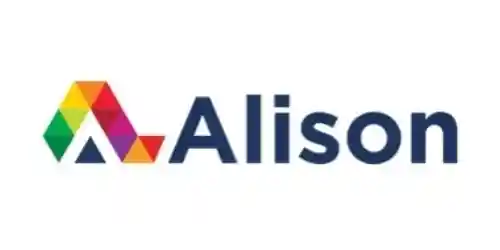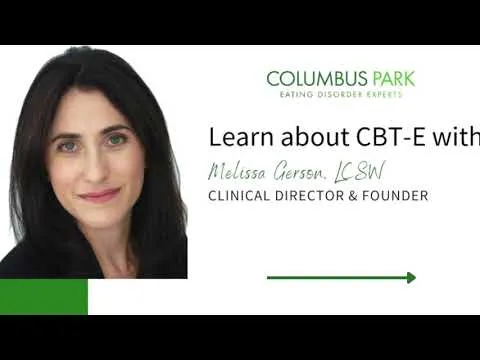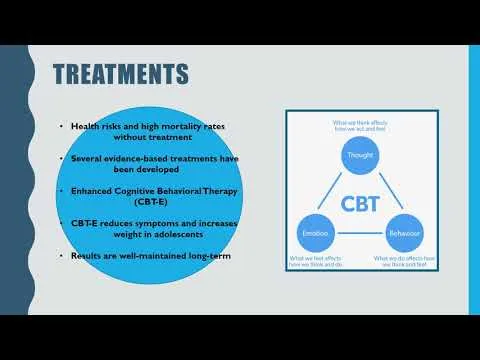
Treating Cognitive Distortions using CBT 
Learn how to effectively treat cognitive distortions using cognitive behavioural therapy (CBT) in this free online course. Discover the detrimental impact of negative thinking on mental and physical health, and explore the origins, triggers, and symptoms of cognitive distortions. Dive into CBT techniques such as cognitive restructuring and role-playing to address cognitive disorders. Uncover the power of exposure therapy in treating conditions like post-traumatic stress disorder and phobias. Master the use of thought records, journaling, and the ABC model in CBT. Develop skills in role-playing and learn progressive muscle relaxation exercises to reduce anxiety and tension. Join now to make a positive impact on mental well-being. ▼
ADVERTISEMENT
Course Feature
![]() Cost:
Cost:
Free
![]() Provider:
Provider:
Alison
![]() Certificate:
Certificate:
No Information
![]() Language:
Language:
English
Course Overview
❗The content presented here is sourced directly from Alison platform. For comprehensive course details, including enrollment information, simply click on the 'Go to class' link on our website.
Updated in [September 26th, 2023]
What does this course tell?
(Please note that the following overview content is from the original platform)
This free online course teaches you how to manage mental disorders using cognitive behavioural therapy (CBT). We begin with an introduction and a short history of cognitive distortions and their treatment. We examine negative thinking and establish its detrimental impact on mental and physical health. The course then traces the origins of cognitive distortions and identifies their triggers and symptoms, starting with the most common example: ‘control fallacies’. We lay out various CBT techniques like cognitive restructuring and role-playing and explain how they can be used to treat cognitive disorders.
The course then moves on to exposure therapy and explores its history and ability to treat mental ailments like post-traumatic stress disorder and various phobias. We break down the CBT functions of ‘thought records’ and journaling, which include identifying automatic negative thoughts and modifying ways of thinking. The course then covers the ‘ABC’ model in CBT, which refers to ‘antecedents’, ‘behaviour’ and ‘consequences’, before delving into role-playing. We identify two steps in role-playing: evaluating answers after the end of a virtual scene and thinking about how to act more effectively in a similar real-life situation. Finally, we train you to use ‘progressive muscle relaxation’ exercises (PMR), a technique developed in the 1930s by Edmund Jacobson to reduce anxiety and tension.
Cognitive distortions create distorted perceptions of reality and can cause mental disorders, which are among the world’s fastest-growing health problems and currently affect roughly half a billion people. This free online course teaches how to treat people with cognitive disorders using CBT techniques, including cognitive restructuring and role-playing. Sign up to learn how to help people bring order to mental chaos and avoid negative thought patterns that can spill over into their lives.
We considered the value of this course from many aspects, and finally summarized it for you from two aspects: skills and knowledge, and the people who benefit from it:
(Please note that our content is optimized through artificial intelligence tools and carefully reviewed by our editorial staff.)
What skills and knowledge will you acquire during this course?During this course, learners will acquire the following skills and knowledge:
1. Understanding of cognitive distortions: Learners will gain knowledge about the concept of cognitive distortions and their impact on mental and physical health.
2. Identification of triggers and symptoms: Learners will be able to identify the triggers and symptoms associated with cognitive distortions, starting with the most common example of 'control fallacies'.
3. Cognitive restructuring: Learners will learn various techniques, such as cognitive restructuring, to challenge and modify negative thought patterns.
4. Role-playing: Learners will understand how role-playing can be used as a CBT technique to evaluate and improve responses in real-life situations.
5. Exposure therapy: Learners will explore the history and effectiveness of exposure therapy in treating mental ailments like post-traumatic stress disorder and phobias.
6. Thought records and journaling: Learners will learn how to use thought records and journaling to identify automatic negative thoughts and modify thinking patterns.
7. Understanding the ABC model: Learners will gain knowledge about the ABC model in CBT, which focuses on antecedents, behavior, and consequences.
8. Progressive muscle relaxation (PMR): Learners will be trained in using PMR exercises, a technique developed to reduce anxiety and tension.
By the end of the course, learners will have the skills and knowledge to effectively treat cognitive disorders using CBT techniques, helping individuals overcome negative thought patterns and improve their mental well-being.
Who will benefit from this course?
This course will benefit individuals who are interested in or working in the field of mental health and psychology. Specifically, it will be useful for:
1. Mental health professionals: Psychiatrists, psychologists, therapists, and counselors can benefit from this course as it provides a comprehensive understanding of cognitive distortions and how to treat them using CBT techniques. It offers practical tools and strategies that can be applied in their clinical practice to help clients with mental disorders.
2. Students and researchers: Students pursuing degrees in psychology or related fields can gain valuable knowledge about cognitive distortions and their treatment through this course. Researchers studying mental health and cognitive behavioral therapy can also benefit from the course material to enhance their understanding and contribute to the field.
3. Individuals with mental disorders: People who are experiencing cognitive distortions and related mental disorders can benefit from this course by learning about effective treatment techniques. It empowers them to understand their own thought patterns, challenge negative thinking, and develop healthier cognitive habits.
4. Caregivers and support professionals: Family members, friends, or caregivers of individuals with mental disorders can benefit from this course to gain insights into cognitive distortions and how to support their loved ones. It equips them with knowledge and skills to provide effective assistance and create a supportive environment.
5. Educators and trainers: Professionals working in educational settings, such as teachers, school counselors, or trainers, can benefit from this course to understand cognitive distortions and their impact on students' mental health. It provides them with tools to identify and address cognitive distortions in educational settings, promoting a positive learning environment.
Course Syllabus
Cognitive Behavioral Therapy and Cognitive Distortions
In this module, you will be introduced to Cognitive behavioral therapy, you will learn the roles of CBT in human lives and its application, and how it is used to treat cognitive disorders. You will also learn the causes and most common cognitive distortions which include control fallacies as well as cognitive restructuring techniques.Exposure Therapy, Automatic Thought Records and Role-Playing
In this module, you will be introduced to exposure therapy, you will learn its benefits and application in CBT, you will learn the importance of thought records and benefits of journaling, and how ABC therapy works. You will also learn the objectives of role-playing and also PMR exercises and their benefits which include reducing tension, anxiety.Course assessment
Course Provider

Provider Alison's Stats at AZClass
Discussion and Reviews
0.0 (Based on 0 reviews)
Explore Similar Online Courses

Traditional Irish Sean-nos Singing Beginner 1

Diploma in Plant Cell Bioprocessing

Python for Informatics: Exploring Information

Social Network Analysis

Introduction to Systematic Review and Meta-Analysis

The Analytics Edge

DCO042 - Python For Informatics

Causal Diagrams: Draw Your Assumptions Before Your Conclusions

Whole genome sequencing of bacterial genomes - tools and applications

Learn about CBT-E

Enhanced Cognitive Behavioral Therapy (CBT-E) for Anorexia


Start your review of Treating Cognitive Distortions using CBT